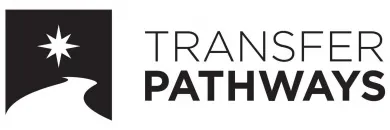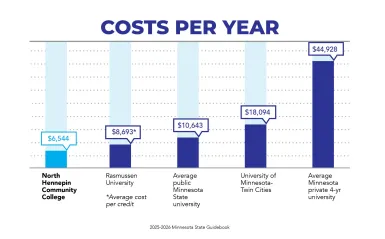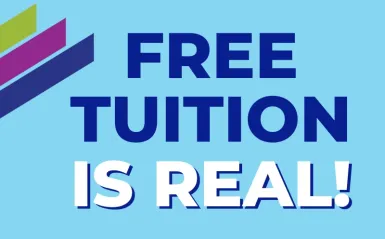Apply for Free
Use promo code SP26 to apply for free.
Special Education Program Highlights
- Students benefit from volunteer experiences in classrooms and nearby schools year-round.
- Partnerships with area school districts enhance student opportunities to learn together and work together with their respective school district colleagues.
- Students attend a bi-annual student-led Why Teach education conference.
- Students who complete this program and transfer to a bachelor’s program save thousands, and they can use their associate degree while completing their bachelor's degree.
Transfer Options
The Special Education Transfer Pathway AS transfers to any of the following Minnesota State universities:
- Metropolitan State University
- Minnesota State University Mankato
- Minnesota State University Moorhead
- Southwest Minnesota State University
- Winona State University
For information on transferring, speak with an academic advisor.
Career Outlook
Special education can be a highly rewarding career field. After completing your AS degree, you can work in the field and increase your professional experience while working to complete your bachelor's degree. Completing your bachelor's degree significantly increases your career options in teaching and special education.
Special Education Teacher average annual salary: $64,910. (source)
Potential Job Titles
With an Associate Degree:
- Pre-school lead teacher
- Early childcare education teacher
- Childcare Center Director
- Paraprofessional
- Teacher’s Aide
With a Bachelor's Degree:
- Special Education Teacher (SPED Teacher)
- Emotional Disabilities Teacher,
- Hearing Impaired Itinerant Teacher
- Learning Support Teacher,
- Resource Program Teacher
- Special Education Inclusion Teacher
- Early Intervention Specialist
Learn more on O*Net.
Paying for College
NHCC's tuition is among the most affordable in Minnesota.
Financial Aid
- Scholarships are money you don't have to repay
- Grants are money you don't have to repay
Free College Tuition
The North Star Promise scholarship program provides free college tuition to eligible students. Find out if you might be eligible.
Program Roadmaps
Program roadmaps provide students with a guide to understand the recommended course sequence to complete their degree.
Get Started
If you're ready to get started, apply to NHCC. If you'd like to learn more, you can visit campus or request information.


